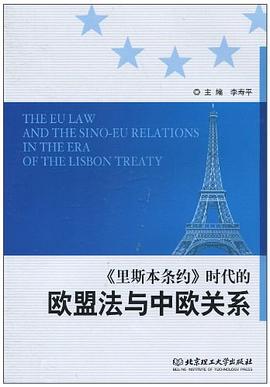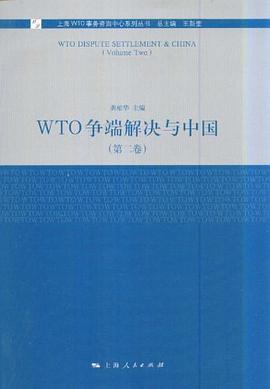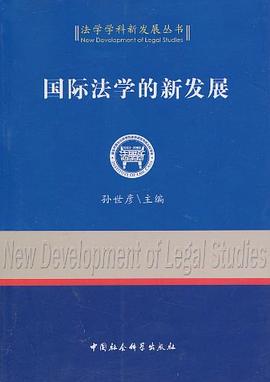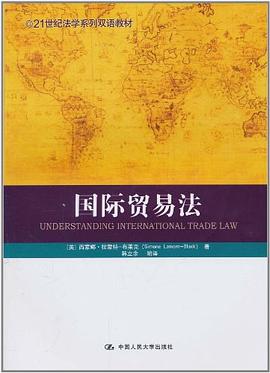

具体描述
At the 2005 UN World Summit, world leaders endorsed the international principle of Responsibility to Protect (R2P), acknowledging that they had a responsibility to protect their citizens from genocide and mass atrocities and pledging to act in cases where governments manifestly failed in their responsibility. This marked a significant turning point in attitudes towards the protection of citizens worldwide.
This important new book charts the emergence of this principle, from its origins in a doctrine of sovereignty as responsibility, through debates about the legitimacy of humanitarian intervention and the findings of a prominent international commission, and finally through the long and hard negotiations that preceded the 2005 commitment. It explores how world leaders came to acknowledge that sovereign rights entailed fundamental responsibilities and what that acknowledgment actually means. The book goes on to analyze in detail the ways in which R2P can contribute to the global effort to end genocide and mass atrocities. Focusing on the prevention of these crimes and the improvement of the world's reaction to them, the book explores the question of how to build sustainable peace in their aftermath. Alex J. Bellamy argues that although 2005 marked an important watershed, much more work is needed to defend R2P from those who would walk away from their commitments and - in the words of UN Secretary-General Ban Ki-moon - to translate the principle 'from words into deeds'.
This fascinating book will appeal to students and scholars of international relations, international affairs, human rights and humanitarian emergencies, as well as anyone concerned about the protection of civilians on a global scale
作者简介
目录信息
读后感
评分
评分
评分
评分
用户评价
相关图书
本站所有内容均为互联网搜索引擎提供的公开搜索信息,本站不存储任何数据与内容,任何内容与数据均与本站无关,如有需要请联系相关搜索引擎包括但不限于百度,google,bing,sogou 等
© 2025 book.wenda123.org All Rights Reserved. 图书目录大全 版权所有




















